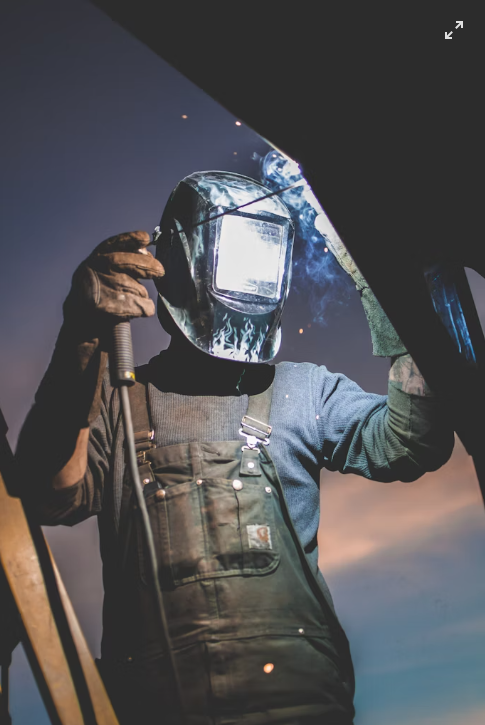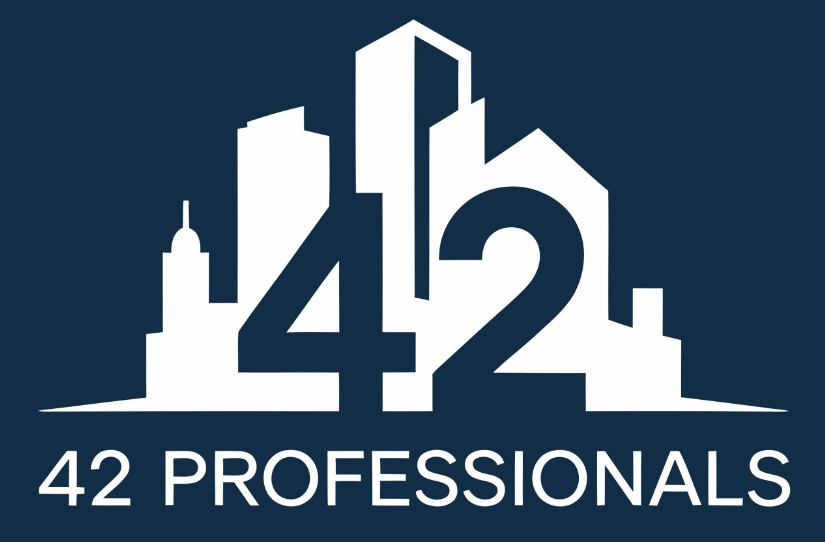Welder

Description
A welder in Germany is responsible for joining metal parts using various welding techniques such as MIG, TIG, MAG, or arc welding. Welders work in industries like construction, manufacturing, shipbuilding, and automotive. Their duties include reading technical drawings, preparing metal surfaces, setting up welding equipment, and ensuring strong, clean welds that meet quality and safety standards. Welders may work indoors or on-site, often in physically demanding environments. Precision, safety, and attention to detail are key in this role. A vocational qualification in welding or metalworking is usually required, along with German language skills for understanding work instructions and safety guidelines.
REQUIREMENTS
Vocational Training: Completed Ausbildung as a welder or in metalworking (e.g., Metallbauer).
Welding Certifications: Valid certificates for specific welding methods (MIG, MAG, TIG, etc.).
Technical Skills: Ability to read and interpret technical drawings and blueprints.
German Language Skills: Basic to intermediate German (A2–B1) for communication and safety instructions.
Physical Fitness: Good stamina and manual dexterity; ability to work in various positions and environments.
Safety Knowledge: Familiarity with safety regulations and proper handling of welding equipment.
Attention to Detail: Precise and clean welding to meet quality standards.
Experience: Prior welding experience is highly valued, especially in industrial settings.
Tool Handling: Proficient use of grinders, cutters, and measuring instruments.
Flexibility: Willingness to work shifts, overtime, or in different job sites if required.
